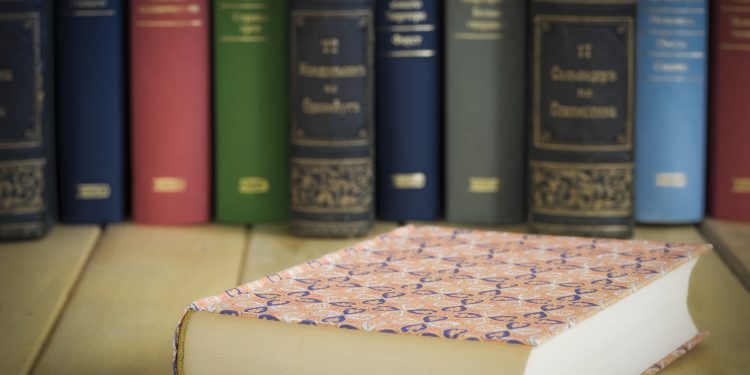
We live in a dynamic world, ever assaulted by our environment, with few places to turn where we can relax, unwind, be at one. While we have the added double-edged sword of the digital world to add to our list of anxieties (and the irony of this being a digital post is not lost on me), people have always looked for a way to disengage from the world while feeling a strong connection to their internal, humanistic side. The amazing thing about the humanities is that this field allows us to do this in a solitary environment, such as at home with a book, but we can also do this in a crowded library, theatre, or classroom. Why is this of interest? Simply because it means that what we crave to permit us to relax and reinvigorate ourselves is not necessarily time alone; we crave time spent with the humanities. They are a part of our everyday lives and we find them in our everyday, public spaces.
As Chairman William “Bro” Adams gave the opening Keynote Address to the 2015 CCHA National conference in Phoenix, Arizona, , it was with great cheer that we celebrated 50 years of the National Endowment for the Humanities (NEH). When we look at where we are, the present state of the humanities, we can take pride in the fact that we are a strong group. It can sometimes be discouraging, as many of our fellow colleagues know, when we hear other people state that our field is “soft” or that we do not provide “real world” training. We know that this far from the truth. After all, you can’t get a job without a cover letter and you can’t keep one without an understanding of the past, present, and future of any field, but hearing this can still sting.
For this reason, I think it is important to remember that when we heard William Adams speak about 50 years of the NEH, that was actually just the present, and the present is important: it is recognition. The humanities have existed as long as humanity; they are inseparable. We need to remember that 50 years of the NEH does not mean 50 years of the humanities, it means 50 years of recognition of the humanities, of what we do, of what we love.
This same sentiment was present when Eric Foner spoke to us about the Underground Railroad, Louis Napoleon, and Sydney Howard Gay. Foner’s talk was an amazing meeting of the past and the present as he discussed the strength of the human spirit, a spirit that we see today as we battle new challenges of politics, economy, and race. Can any image better exemplify the movement of the humanities through time than the way we study our past to better understand our present? After all, the humanities are a part of and shape every aspect of our public lives; they are public life from libraries and museums to classrooms and dinner-time conversation.
What this highlights, though, is the importance of the humanities going into the future. As we all know, courtesy of George Santayana, “Those who do not learn history are doomed to repeat it.” The importance of the humanities is that we can shape the future by looking at our past and our present. The humanities are the holistic experience that we have shared, do share, and will continue to share. So, let us not focus on the what is said about our “soft skills” as we can, instead, focus on 50 years of recognition and the future we will shape in our everyday, public spaces.
Greg Campbell – Eastern Division Vice President and Assistant Professor of English, Community College of Baltimore County
